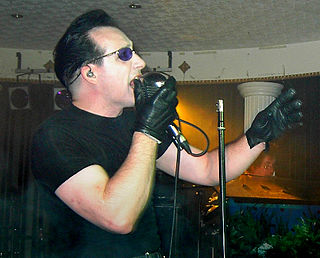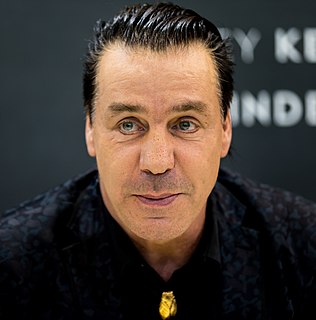A Quote by Laurieann Gibson
Back in the early days like for the Temptations, Supremes and Four Tops, artist development was alive in record companies. Every artist had a moment to develop the record visually. When the web took over and camera phones, it stripped the artists of the power to figure it out. So there's a need to bridge that gap and that's my job.
Related Quotes
Unfortunately, you don't get artist development anymore. Record companies have become a huge corporate thing. It used to be you'd meet someone [in the business] and they'd have a little history of music. Some people in the companies now don't even like music. It's just a job. So I miss the days when someone would go out on a limb and pick a band that was different. I just don't see that anymore. It's the same with the film industry.
The industry has changed in that it is far more disposable than it used to be. When Boyzone came out, we were given a shot and the patience to record our singles and albums. Nowadays, the thought is if it is not working, then the artist will be dropped. The record companies will bail on the artists, and I find that sad.
I was worried that I, the artist Morimura, would have conflicts with the participating artists and develop a strenuous relationship with them. But the actual experience was completely the opposite. The artists accepted my requests rather positively, because it came from a fellow artist. I strongly feel that the fact that my being an artist avoided the usual curator vs artist tension, and led to creating a positive atmosphere as well as developing a solidarity amongst artists and building a community for artists.






































